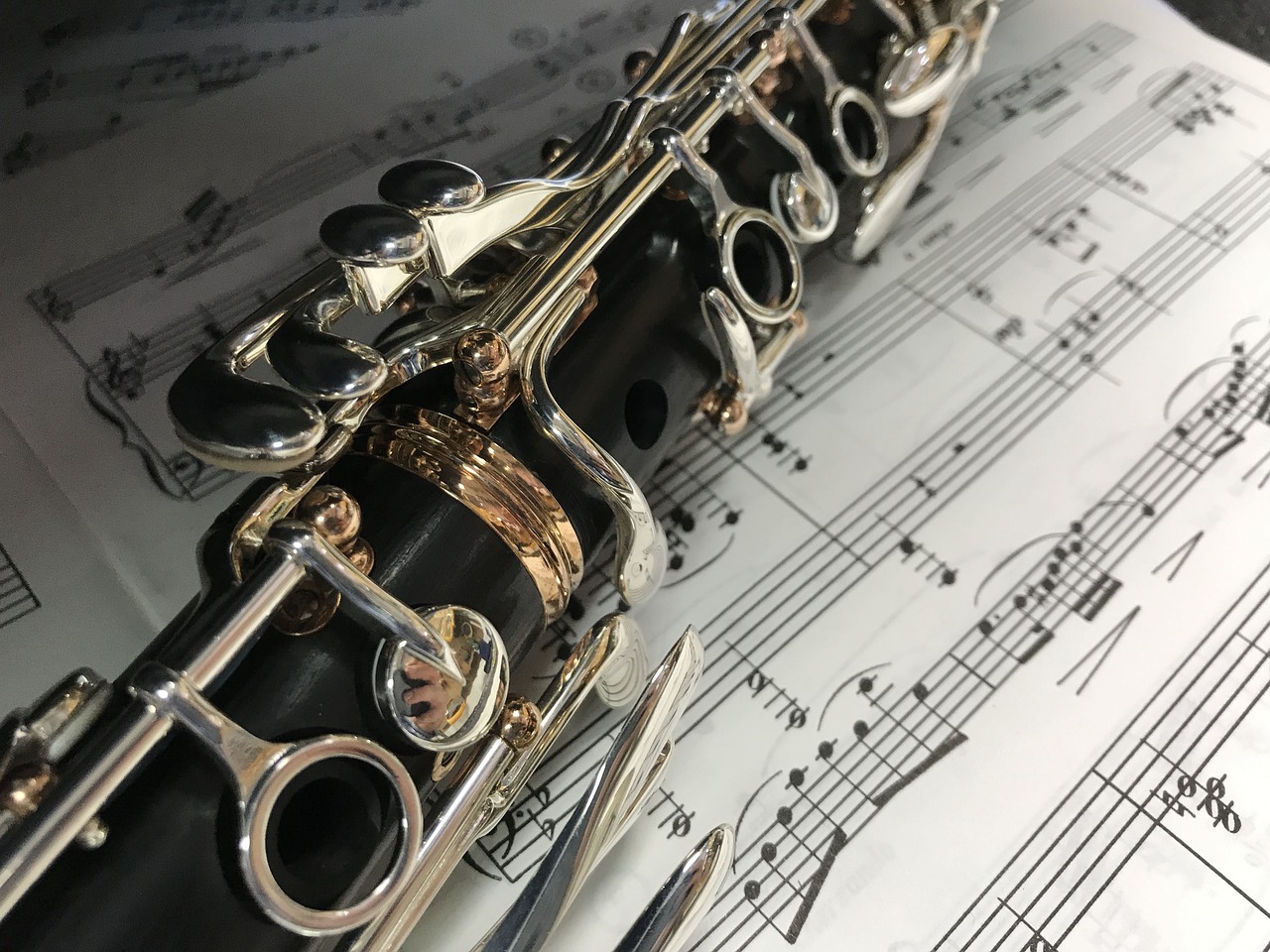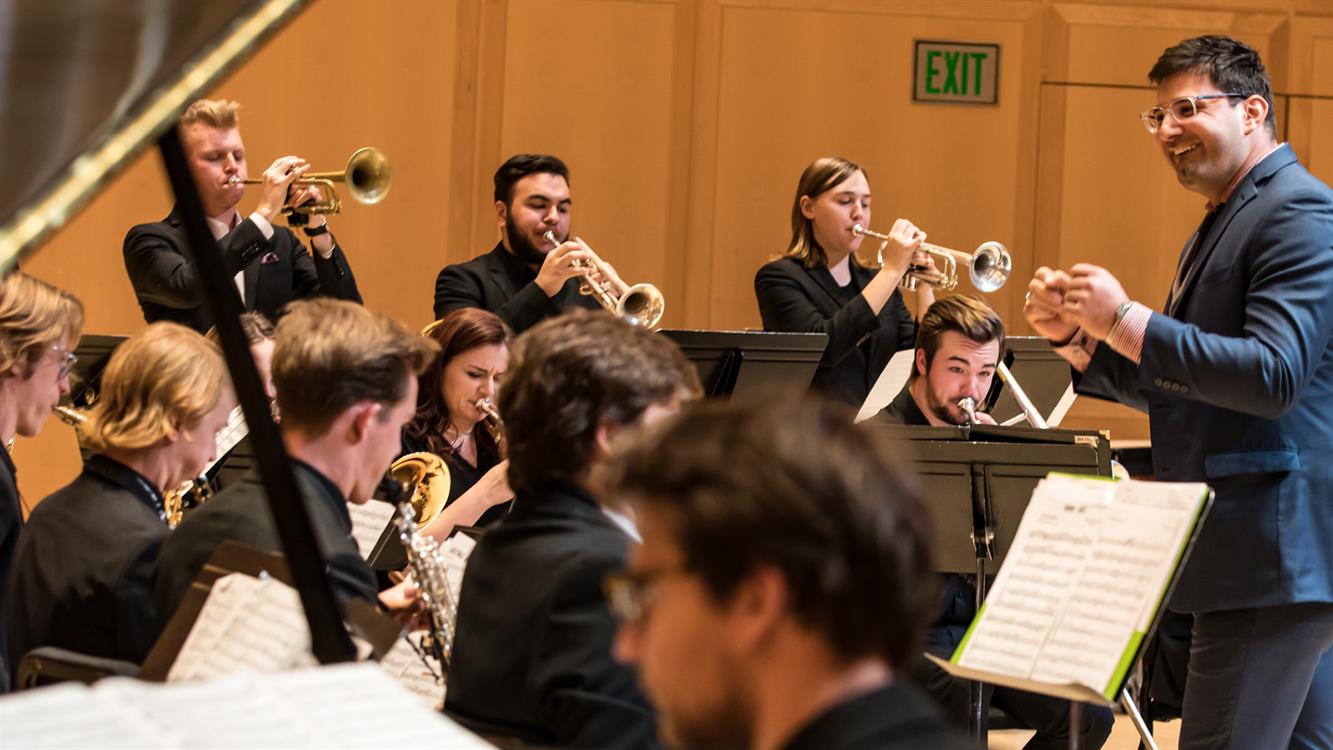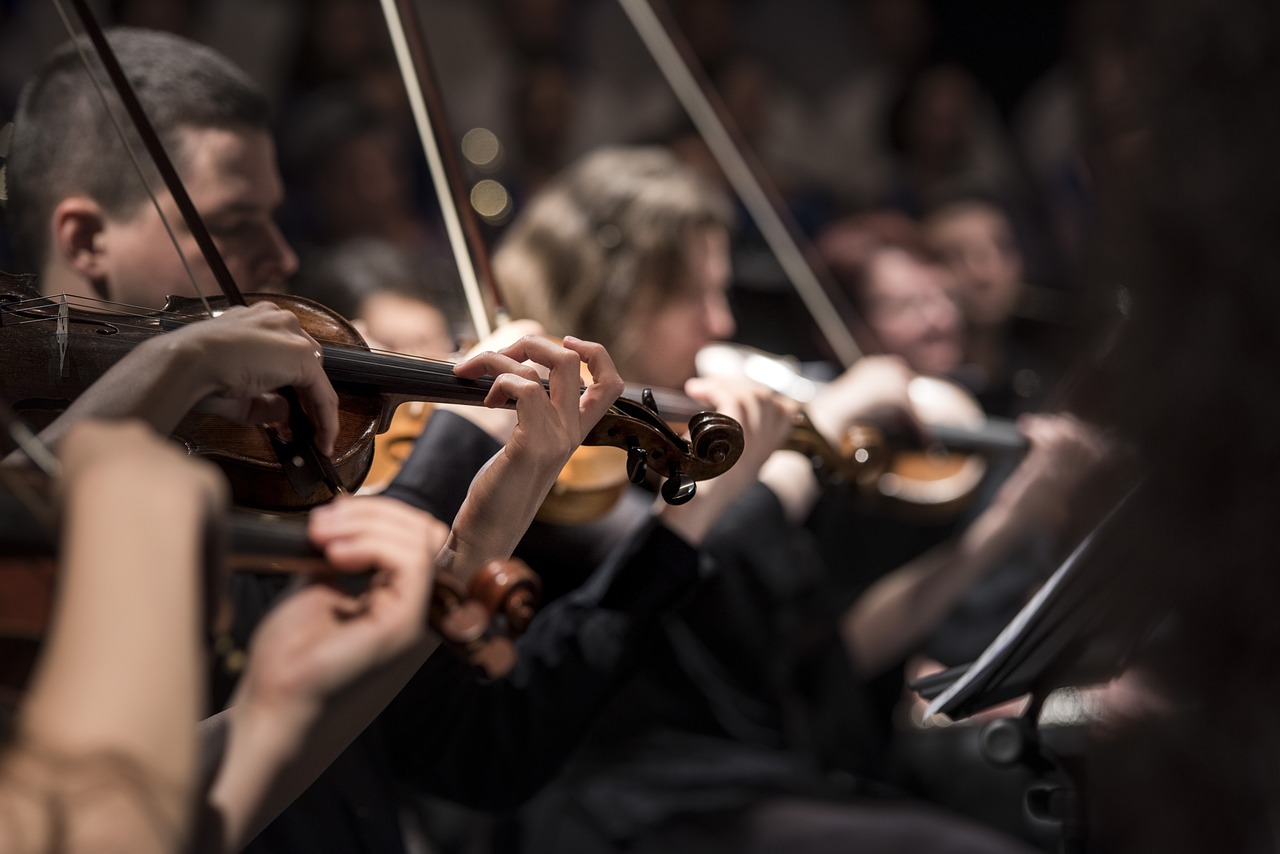Music, the universal language of emotions and expression, has a profound impact on our lives. Whether you’re a budding musician or simply an enthusiast, music schools play a pivotal role in shaping the artists of tomorrow. These institutions are not just places to learn notes and scales but serve as incubators of creativity, discipline, and passion. In this article, we will explore the multifaceted world of music schools, their significance, and how they foster the talents that enchant our ears and souls.
The Role of Music Schools
Music schools are educational institutions that offer specialized training in various aspects of music. Their primary roles encompass:
- Skill Development: Music schools provide a structured environment for students to develop their skills. This includes learning to play musical instruments, developing vocal techniques, and understanding music theory.
- Cultural Preservation: Music schools play a vital role in preserving and propagating cultural traditions through music. They ensure that traditional and classical music forms are passed down to the next generation.
- Creativity and Innovation: These institutions encourage students to push the boundaries of musical creativity. They provide the foundation for new genres and innovative compositions.
- Personal Growth: Beyond musical proficiency, music schools nurture personal growth. Students learn discipline, perseverance, teamwork, and self-expression, which are essential life skills.
- Community Building: Music schools often act as hubs for building a sense of community among musicians and music enthusiasts. They organize events, concerts, and workshops that bring people together.
Types of Music Schools
Music schools come in various forms to cater to a wide range of musical interests and career goals:
- Conservatories: These schools focus on classical music and offer intensive training for aspiring professional musicians. Examples include The Juilliard School and the Royal Academy of Music.
- Music Academies: These institutions provide a broader spectrum of musical education, encompassing classical, jazz, contemporary, and world music. They often offer undergraduate and graduate programs.
- Music Colleges: Music colleges provide degree programs in music, covering a wide range of musical genres and specializations. They blend academic studies with practical training.
- Music Institutes: These institutes offer shorter, specialized courses and workshops for musicians looking to enhance their skills or explore specific areas of music.
- Community Music Schools: These schools cater to all age groups and skill levels. They often focus on providing music education as an extracurricular activity and fostering a love for music in the community.
Benefits of Music Education
Music education offers a plethora of benefits to students and society at large:
- Enhanced Cognitive Skills: Numerous studies have shown that learning music enhances cognitive skills, including memory, problem-solving, and mathematical abilities.
- Emotional Expression: Music allows individuals to express complex emotions that words may fail to convey, promoting emotional intelligence.
- Stress Reduction: Playing or listening to music can alleviate stress and anxiety, promoting mental well-being.
- Cultural Enrichment: Music exposes individuals to different cultures and their unique musical traditions, fostering tolerance and diversity.
- Career Opportunities: Music education can lead to careers as performers, educators, composers, sound engineers, and more.
Conclusion
Music schools are the nurturing grounds for the future virtuosos and composers who will continue to enrich our lives through their artistry. These institutions are not just about teaching music; they are about fostering creativity, preserving traditions, and developing well-rounded individuals. Whether you’re a parent considering music education for your child or an aspiring musician seeking to refine your craft, music schools offer a harmonious path to personal and artistic growth, ensuring that the world remains filled with the sweet sounds of melody and rhythm for generations to come.










